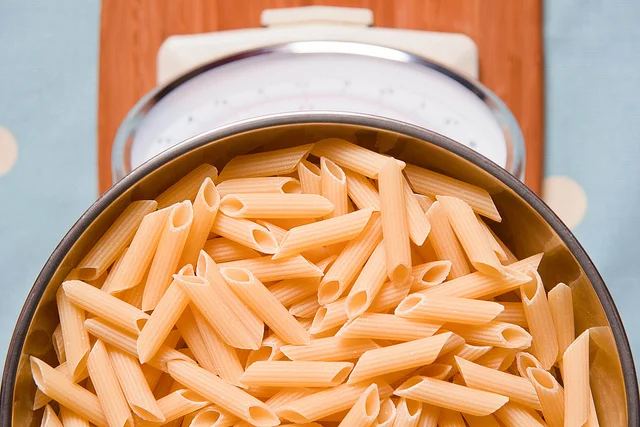What are macros?
Your macros consist of the carbohydrates, protein, and fat you consume in a day that your body uses for energy.
Why we should count them
Counting your macros can be very telling. If we start paying attention to what we are eating it becomes apparent that we can be eating too many or too few calories depending on our particular goals: weight loss, weight gain, or maintaining weight.
What are Your Goals?
There is value in knowing how much you are eating because you can tweak your daily allowance to meet a very specific weight goal. Your goal may be to decrease body fat, pack on more muscle, prepare for an endurance event, or help you meet your doctor's orders to lost weight.
How do you do it?
It is not an easy task to figure out your macros. You have to read food labels, weigh food after it has been cooked, and log everything you consume into a food dairy. I know it’s a lot of work, but it can be well worth the investment of your time. MyFitnessPal is a fantastic app that you can put on your phone. It allows you to keep track of your calories and it is super easy to use.
Simple Math
1 gram of carbs = 4 calories
1 gram of protein = 4 calories
1 gram of fat = 9 calories
Tips
1. Do not make any drastic changes in your nutrition. Only after you have figured out how many calories you are eating per day, should you then slowly adjust your daily allowance.
2. If you are looking for an edge in your respective sport or looking to lose weight, counting your macros will get you there.
Image Credit: Declan Rex on Unsplash
Sign up below and every week we'll send you one short but effective idea that can help you improve your performance.



